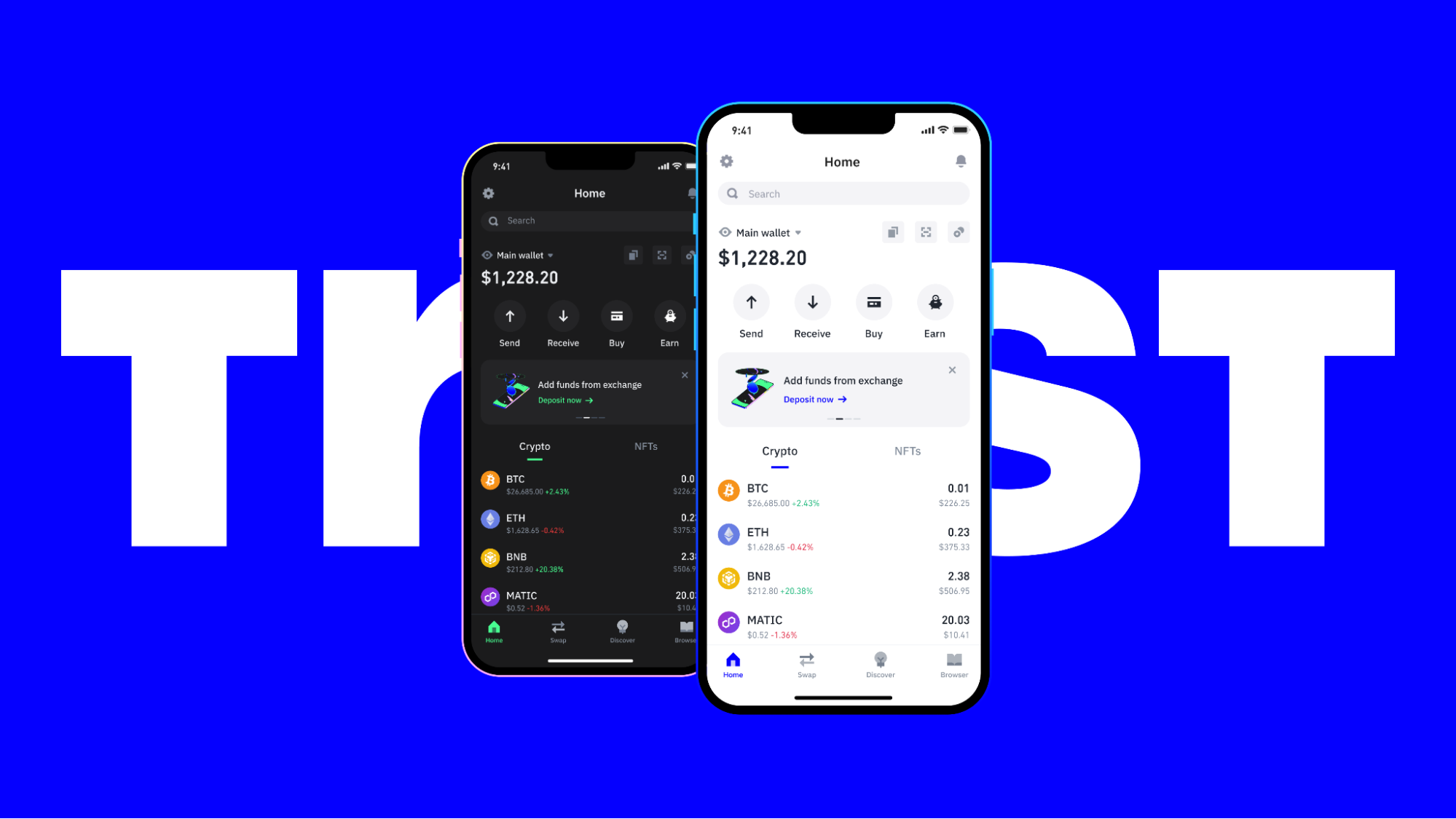In the ever-evolving world of digital finance, crypto wallets have emerged as essential tools for managing cryptocurrencies. As digital assets gain mainstream traction, understanding the types and functionalities of crypto wallets becomes crucial for both new and seasoned investors. This article delves into the fundamentals of trust wallet, their types, and how to choose the best one for your needs.
What is a Crypto Wallet?
A crypto wallet is a digital tool that allows users to store and manage their cryptocurrencies securely. Unlike traditional wallets, crypto wallets don’t physically store currency. Instead, they hold the private keys necessary to access and transact digital assets on the blockchain. These wallets enable users to send, receive, and monitor their cryptocurrency balances with ease.
Types of Crypto Wallets
There are several types of crypto wallets, each with unique features and security levels:
- Hot Wallets: These are connected to the internet and are more accessible for everyday transactions. However, they are more susceptible to hacks and cyberattacks. Examples include mobile apps, desktop wallets, and web-based wallets.
- Cold Wallets: These wallets are not connected to the internet, making them highly secure against online threats. They are ideal for long-term storage of cryptocurrencies. Examples include hardware wallets and paper wallets.
- Hardware Wallets: These are physical devices that securely store private keys offline. They offer a high level of security and are immune to online hacking attempts.
- Paper Wallets: A physical copy of your public and private keys, often in the form of a QR code. This method is highly secure but requires careful handling to avoid loss or damage.
- Desktop Wallets: Installed on a personal computer, these wallets offer a mix of accessibility and security, especially if the computer is kept offline.
- Mobile Wallets: These are smartphone applications that provide quick access to your crypto, ideal for on-the-go transactions.
- Web Wallets: Accessible via a web browser, these wallets are convenient but require strong security measures to protect against phishing attacks and unauthorized access.
Key Features of a Good Crypto Wallet
- Security: Look for wallets that offer robust security features, including two-factor authentication (2FA), encryption, and backup options.
- User-Friendliness: A good wallet should have an intuitive interface that simplifies the management of cryptocurrencies.
- Compatibility: Ensure the wallet supports the cryptocurrencies you intend to store and trade.
- Reputation: Choose wallets from reputable providers with positive user reviews and a track record of security.
- Backup and Recovery: A reliable wallet should offer easy backup and recovery options to prevent the loss of funds.
How to Choose the Right Crypto Wallet
Selecting the right crypto wallet depends on your specific needs and how you plan to use it:
- For frequent transactions: A hot wallet like a mobile or web wallet might be more convenient.
- For long-term storage: Consider a cold wallet, such as a hardware or paper wallet, to ensure maximum security.
- For diversified holdings: If you own multiple types of cryptocurrencies, choose a wallet that supports various coins and tokens.
Conclusion
Crypto wallets are indispensable tools for anyone venturing into the world of cryptocurrencies. They provide a secure and convenient way to manage digital assets, ensuring users can engage in the crypto market with confidence. By understanding the different types of wallets and their features, you can make an informed choice that aligns with your security needs and investment goals.
